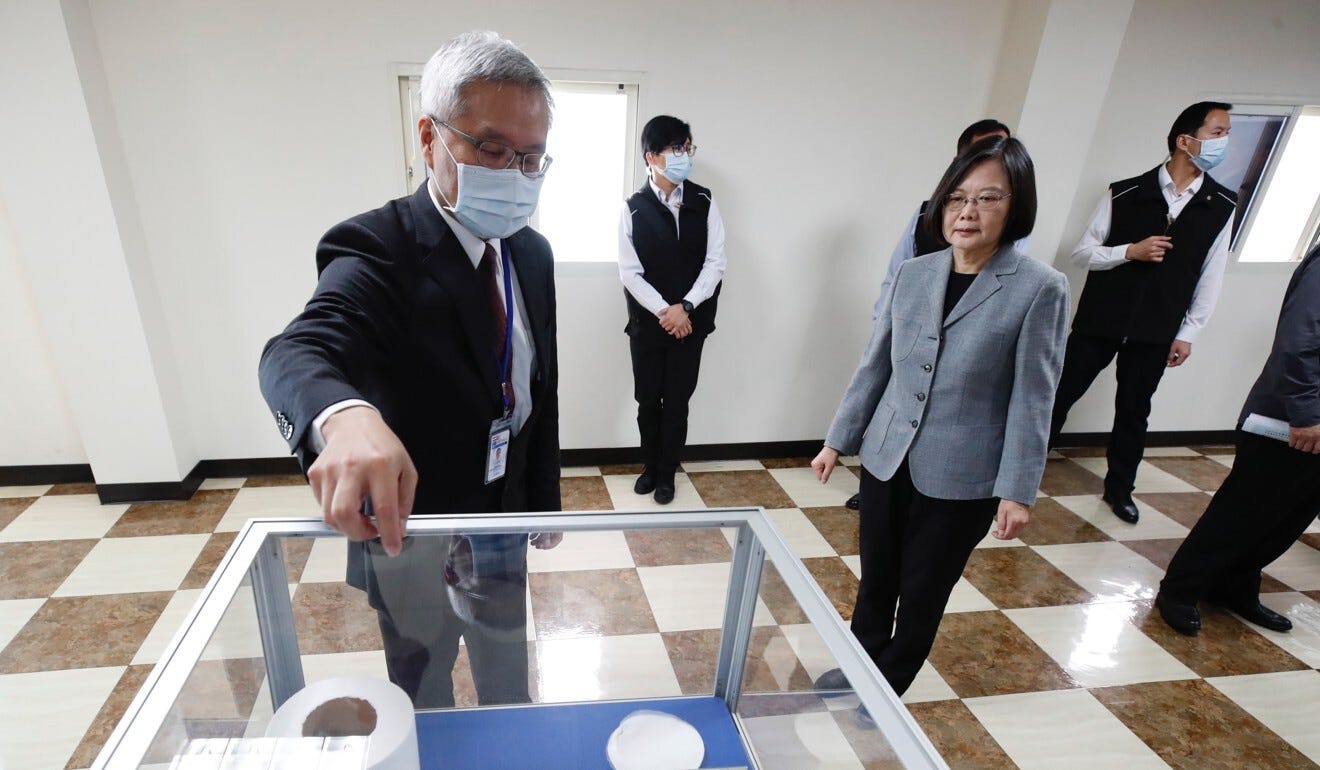Taiwan, Covid-19, and the Future
The island votes for freedom and dodges the Covid-19 bullet

By: Gregory McCann
Taiwan, a beleaguered island just 130 km off the Chinese coast and home to hundreds of thousands of Chinese nationals as well as its indigenous population of 23.8 million, has become the global guiding light of the Covid-19 pandemic of 2020, in the process making the government in Beijing look vindictive and ultimately, through its sup…
Keep reading with a 7-day free trial
Subscribe to Asia Sentinel to keep reading this post and get 7 days of free access to the full post archives.
